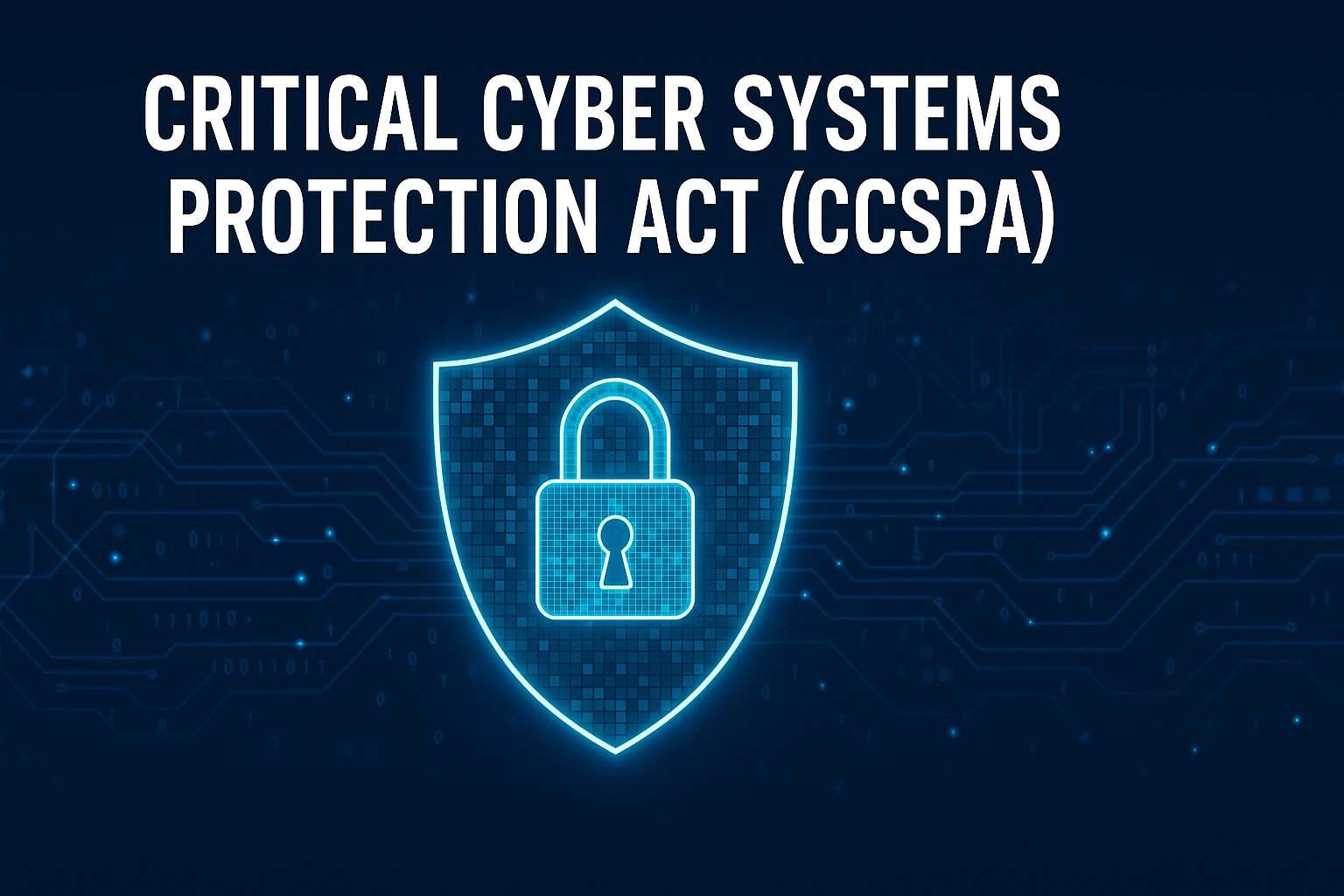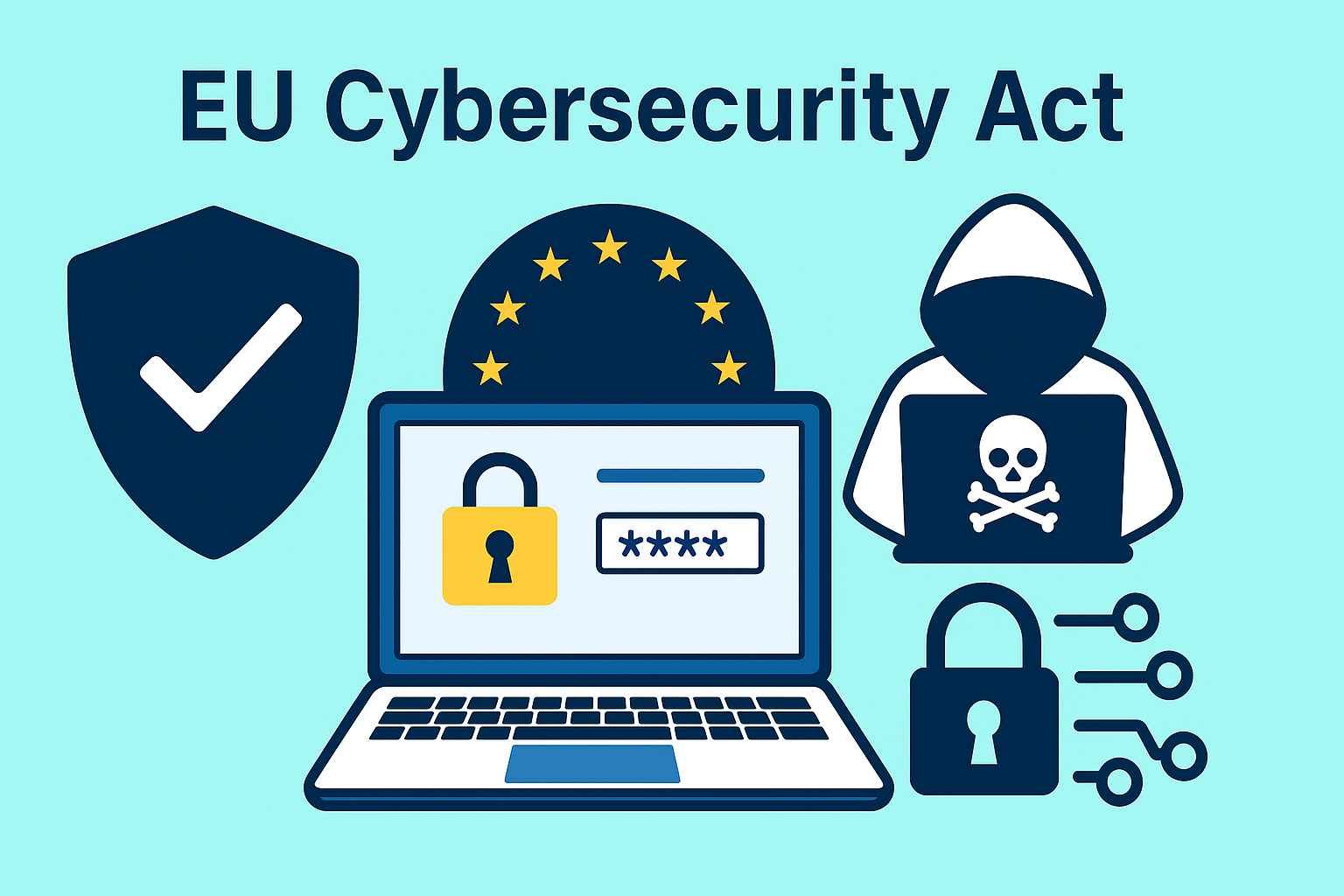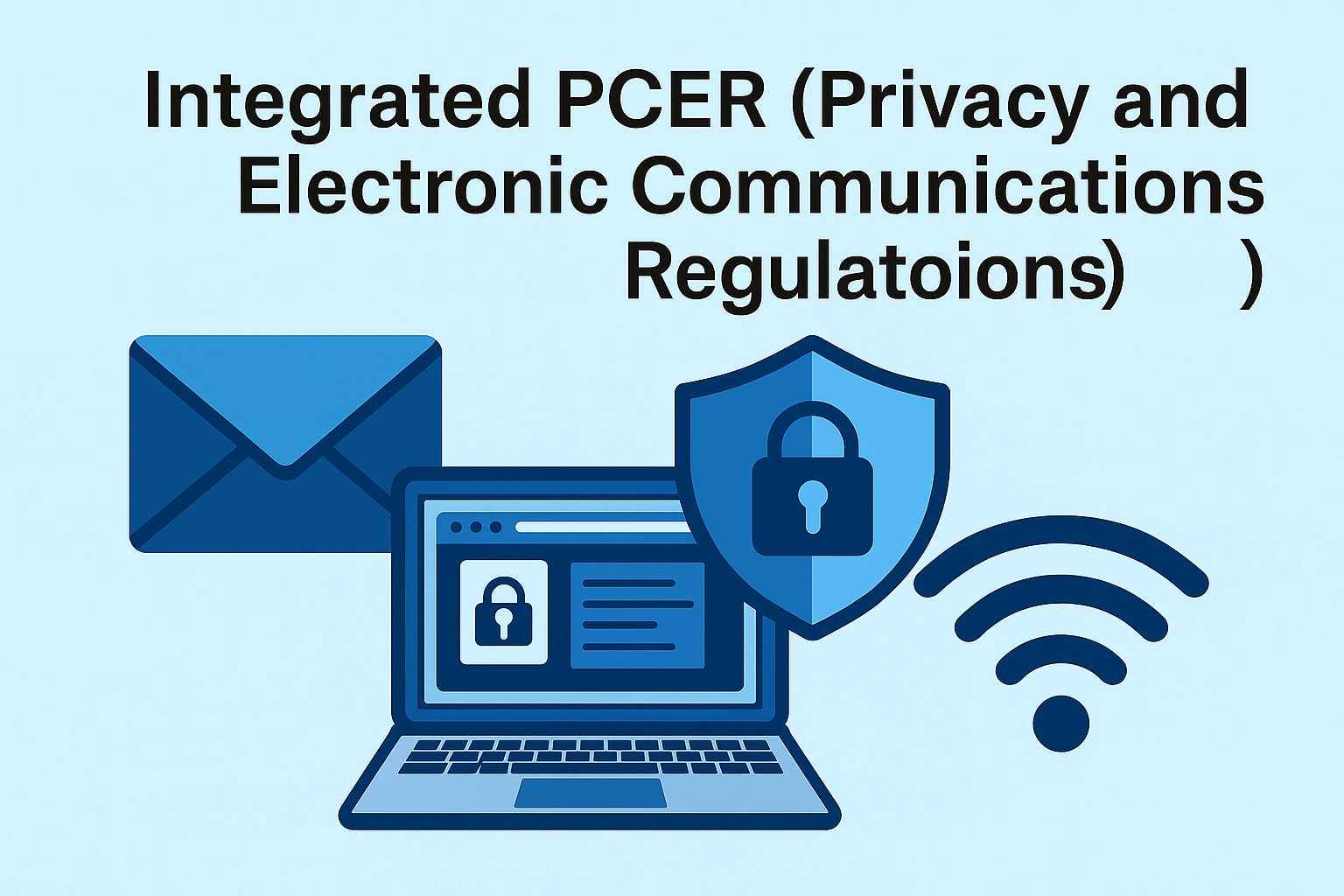On this page you will read detailed information about Ley De Enjuiciamiento Criminal.
As a legal professional, understanding the intricacies of the criminal justice system is critical to your success. The Ley de Enjuiciamiento Criminal, or Criminal Procedure Act, provides the framework for this system in Spain. In just 100 words, this article will highlight key aspects of this law and how it impacts criminal proceedings. We will explore provisions related to jurisdiction, evidence rules, and the rights of defendants. Whether you are a practicing attorney, law student, or citizen interested in the judicial process, this succinct guide will enhance your knowledge and allow you to navigate the criminal justice system effectively. The insights here will prove valuable as you pursue legal matters and shape your role in an equitable society governed by the rule of law.
What Is the Ley De Enjuiciamiento Criminal?
The Ley de Enjuiciamiento Criminal, or Criminal Procedural Law, establishes the legal framework that governs criminal proceedings in Spain. It sets out the rules for the investigation and prosecution of criminal offenses, as well as the rights of defendants during legal proceedings.
Investigation
The initial investigation is carried out by law enforcement to determine if a crime has been committed and to identify possible perpetrators. Officers may conduct searches, seize evidence, question witnesses and suspects, and make arrests if necessary. All actions must follow proper legal procedures to ensure the rights of citizens are respected.
Charges and Trial
If there is sufficient evidence of a crime, the prosecutor will file charges against the defendant. The defendant has the right to legal counsel and may enter a plea in response to the charges. If a “not guilty” plea is entered, the case will proceed to trial where both the prosecution and defense will present evidence and arguments before a judge.
Sentencing and Appeals
If found guilty, the judge will issue an appropriate sentence based on the severity of the charges. The defendant has the right to appeal the conviction or sentence, in which case the case will be reviewed by a higher court to determine if there were any errors or lack of due process. The appeals process helps ensure fair and just application of the law.
The Ley de Enjuiciamiento Criminal aims to balance the interests of justice and public safety with the civil rights of Spanish citizens and uphold principles of due process and fair legal proceedings. By following proper procedure and respecting the rights of all parties involved in a case, Spain’s criminal justice system seeks to achieve fair and just outcomes.
Key Principles of the Ley De Enjuiciamiento Criminal
Presumption of Innocence
A fundamental principle of the Ley De Enjuiciamiento Criminal is the presumption of innocence. This means that the accused is considered innocent until proven guilty in a fair trial. The burden of proof is on the prosecution to present evidence that proves guilt beyond a reasonable doubt. If there is any doubt about guilt, the accused must be acquitted.
Right to Legal Counsel
The accused has the right to legal counsel and representation to ensure a fair trial. If the accused cannot afford an attorney, one must be appointed by the court. The defense attorney helps ensure the accused’s rights are protected and argues the case for innocence or reasonable doubt.
Public Trial by Impartial Jury
The accused has the right to a public trial by an impartial jury. The jury must have no preconceptions about guilt and be representative of a fair cross-section of the community. They are tasked with objectively evaluating the evidence presented at trial to determine guilt or innocence based solely on the facts of the case.
Right to Confront Witnesses
The accused has the right to confront witnesses who testify against them. This includes the right to cross-examine witnesses to challenge their testimony. Witnesses must appear in person so the jury can evaluate their demeanor and credibility. Written statements and hearsay are not permitted.
Protection from Double Jeopardy
The principle of double jeopardy prohibits trying or punishing a person twice for the same offense. Once an accused has been acquitted or convicted of a crime and served the sentence, the case is closed and cannot be reopened. This prevents the government from repeatedly prosecuting a person until they obtain a conviction.
In summary, the key principles of the Ley De Enjuiciamiento Criminal aim to protect the rights of the accused and ensure a fair legal process. Presumption of innocence, the right to counsel, trial by jury, confronting witnesses, and protection from double jeopardy are fundamental to the Spanish criminal justice system.
In the previous post, we had shared information about An Overview of the Immigration and Refugee Protection Act (SC 2001, C. 27), so read that post also.
Main Objectives and Scope of the Ley De Enjuiciamiento Criminal
The Ley de Enjuiciamiento Criminal, Spain’s Code of Criminal Procedure, establishes the legal framework for criminal proceedings within the Spanish judicial system. Its primary objectives are to regulate the investigation and prosecution of criminal offenses, protect the rights of the accused, and determine appropriate legal consequences upon conviction.
Investigation of Criminal Offenses
The LEC grants investigative authority to judicial police under the direction of an examining magistrate or judge. It establishes procedures for gathering and preserving evidence through measures such as witness interviews, suspect interrogations, searches, seizures, and surveillance operations. Strict guidelines aim to safeguard citizens’ rights while facilitating effective law enforcement.
Rights of the Accused
The LEC guarantees due process and fair trial rights for those accused of criminal wrongdoing. It upholds the presumption of innocence, the right to counsel, and the right against self-incrimination. Defendants have the right to be informed of charges against them, confront witnesses, and present evidence in their defense. Pre-trial detention is circumscribed, and excessive periods of detention prior to trial are prohibited.
Legal Consequences of Conviction
If convicted of a criminal offense, the LEC allows for a range of penalties including imprisonment, fines, community service, probation, and rehabilitation programs. Sentencing guidelines consider the severity of the offense and aim for proportionality, deterrence and rehabilitation. The LEC also establishes procedures for post-conviction relief through avenues such as appeals, retrials, and petitions for pardon or amnesty.
In summary, the Ley de Enjuiciamiento Criminal establishes a legal framework that aims to balance effective law enforcement with fair judicial process and humane punishment. Its scope encompasses all aspects of criminal procedure from initial investigation through final appeal under the Spanish system of justice. By upholding civil liberties and human rights, it seeks to instill confidence in the rule of law.
Key Players in the Criminal Justice System Under the Ley
To understand how the Ley de Enjuiciamiento Criminal functions, it is crucial to be familiar with the main actors in Spain’s criminal justice system.
The Judiciary
The judiciary, an independent branch of government, is comprised of professional judges and magistrates who preside over criminal proceedings and trials. Judges review evidence, interpret the law, and hand down verdicts and sentences. The Supreme Court sits atop the judiciary and is the final court of appeal.
The Prosecution
Public prosecutors, on behalf of the state, investigate crimes and prosecute defendants. They question witnesses, present evidence of guilt, and recommend punishment. The prosecutor seeks to convict those accused of breaking the law. Private prosecutions by victims are also allowed under the Ley.
The Defense
Defense attorneys advocate for the accused, seeking to protect their rights and obtain an acquittal or the least severe punishment. Defendants have the right to an attorney, and one will be provided if they cannot afford their own counsel. The defense can cross-examine witnesses, challenge evidence presented by the prosecution, and argue reasonable doubt.
The Police
Law enforcement officials investigate crimes, gather evidence, and make arrests. The police take suspects into custody, interrogate them, and send case files to the prosecution. Although police conduct investigations, only judges can issue warrants, authorize wiretaps, or grant pretrial detention. Strict rules govern police procedure to prevent abuse of power and protect civil liberties.
The intricate system of checks and balances between these actors aims to achieve impartial justice under the law. When all parts are functioning properly, the Ley de Enjuiciamiento Criminal allows for fair trials, presumption of innocence, and punishment that fits the crime. Its continued proper functioning and reform are crucial to upholding rule of law and human rights in Spain.
Key Stages of the Criminal Process Under the Ley
Investigation
The criminal process commences with the investigation stage. Once a criminal complaint is filed or the commission of an offense is detected, the relevant authorities will initiate an investigation to determine whether an offense has actually been committed and to identify the perpetrator(s). Witnesses may be questioned, the crime scene examined, and suspects interrogated during this stage. If sufficient evidence is gathered, the case will proceed to the next stage.
Charges and Hearing
The investigating magistrate will formally charge the accused with an offense if the evidence warrants it. The accused is then summoned to a hearing where the charges are communicated. At this hearing, the accused may contest the charges, present exculpatory evidence, and request provisional release pending trial. The magistrate will evaluate the merits of the accused’s submissions in deciding whether to proceed to trial.
Trial
If the case proceeds to trial, the prosecution will present evidence to support the charges before a judge or jury. The accused is afforded the opportunity to mount a defense, challenge evidence, call witnesses, and make submissions. Following the presentation of evidence by both parties, the trier of fact evaluates whether the charges have been proven beyond a reasonable doubt.
Sentencing and Appeal
If convicted, the accused may be sentenced to a term of imprisonment, probation, community service, fines, or other penalties. The accused has the right to appeal both the conviction and sentence to a higher court. The appellate court will review the trial record to determine whether any material errors warrant overturning or modifying the lower court’s decision. If the appeal is denied, the conviction and sentence become final.
The criminal process under the Ley aims to balance the interests of the state in prosecuting criminal conduct with the rights of the accused to due process and a fair trial. Following the key stages of investigation, charges, trial, and appeal helps ensure that justice is served in a fair and impartial manner.
Recent Reforms and Changes to the Ley De Enjuiciamiento Criminal
Spain’s Ley de Enjuiciamiento Criminal (LECrim), or Code of Criminal Procedure, establishes the rules for criminal investigations and trials. In recent years, the LECrim has undergone significant reforms and modifications to improve the efficiency and fairness of the Spanish justice system.
2015 Reform – Procedural Changes
In 2015, the LECrim was amended to accelerate criminal proceedings and reduce the backlog of cases in courts. Some of the key changes include setting strict deadlines for each stage of the investigation and trial, limiting the number of appeals, and allowing plea bargaining in certain cases. Additionally, the role of the examining magistrate was eliminated, with investigative functions transferred to the public prosecutor. These amendments have succeeded in reducing the length of criminal trials in Spain.
2019 Reform – Victim Rights
Reforms in 2019 strengthened the rights of victims in criminal proceedings. Victims now have the right to receive information about the status of the case, submit evidence, and request protective measures. Victim impact statements are also now permitted during sentencing. These changes bring Spanish law into compliance with EU directives on victim rights and allow victims to participate more fully in the legal process.
2020 Reform – Hate Crimes and Harassment
The most recent reforms addressed hate crimes and online harassment. The definition of hate crimes in the Criminal Code was expanded to include crimes motivated by a victim’s sexual orientation, gender identity, or disability. Penalties for stalking and harassment were also increased. Legislators hope these amendments will encourage reporting of hate crimes and protect vulnerable groups.
In summary, ongoing reforms to the LECrim demonstrate Spain’s commitment to improving citizens’ access to justice and confidence in the legal system. By accelerating proceedings, strengthening victim rights, and penalizing discrimination, the LECrim has evolved to meet the needs of modern Spanish society. Additional changes may be forthcoming as lawmakers work to address other systemic issues.
Controversies and Criticisms of the Ley De Enjuiciamiento Criminal
The Ley de Enjuiciamiento Criminal (LECrim), Spain’s Code of Criminal Procedure, has been the subject of debate since its inception. Some argue the LECrim fails to adequately protect the rights of the accused, while others claim it grants too much leniency.
One of the most controversial aspects of the LECrim is the use of pretrial detention. The LECrim allows judges to order pretrial detention for up to two years for serious offenses based primarily on the severity of the charges. Critics argue this violates the presumption of innocence and subjects individuals to punishment before a fair trial. Supporters counter that pretrial detention is necessary to ensure the accused appears for trial and does not endanger public safety.
Another criticism of the LECrim is its reliance on confessions as evidence. The LECrim permits the admission of confessions obtained through interrogation by law enforcement, even in the absence of an attorney. Opponents claim this encourages coercion and false confessions, violating the right against self-incrimination. However, proponents argue confessions provide critical evidence and that existing safeguards like the evaluation of voluntariness by a judge prevent abuse.
A final controversial issue is the LECrim’s allowance of secret surveillance and wiretapping. Law enforcement can monitor communications and place individuals under surveillance with limited judicial oversight. Critics argue this violates privacy rights and leads to “fishing expeditions” by police. Supporters counter that these tools are necessary to combat serious crime like terrorism, and existing controls prevent misuse.
While the LECrim aims to balance the rights of the accused and the interests of public safety, it remains imperfect. Ongoing debate and reform are needed to remedy controversial provisions, limit abuse, protect civil liberties, and ensure fair and just outcomes. Overall, the LECrim must evolve to uphold the highest ethical and moral standards in Spain’s criminal justice system.
How the Ley De Enjuiciamiento Criminal Compares to Other Legal Systems
The Ley de Enjuiciamiento Criminal (LECrim) is the code that regulates criminal procedure in Spain. It outlines the steps that must be followed during the investigation and prosecution of a crime. The LECrim has some similarities with legal systems used in other countries, as well as some key differences.
Compared to common law systems like in the United States or the UK, the LECrim follows the civil law tradition, relying on written legal codes rather than judicial precedent. However, like common law systems, the LECrim upholds principles such as the presumption of innocence, the right to a fair trial, and the right to confront witnesses.
In contrast with the US system, under the LECrim the judge plays an active role in overseeing the collection of evidence and questioning witnesses during trial proceedings. The role of the jury is more limited. Verdicts are decided by a mixed panel of judges and jurors (legoes), unlike the all-lay juries commonly found in US courts.
The LECrim also differs from the adversarial model of common law systems. The judge takes an inquisitorial role, actively investigating the facts of the case. The prosecution and defense attorneys have less control over questioning witnesses and presenting arguments. The trial aims to uncover the truth rather than pit the prosecution and defense against each other.
Compared to other civil law systems like France or Italy, the LECrim provides more protections for the accused, such as the right to remain silent and stronger rules against unlawfully obtained evidence. However, it is not as progressive as Germany’s reformed Code of Criminal Procedure, which focuses on reaching settlements and alternatives to trial.
In summary, while the LECrim shares some principles with foreign legal systems, it maintains a unique character shaped by Spain’s legal tradition and history. Reforms to the LECrim aim to balance the rights of the accused with an efficient administration of justice.
Ley De Enjuiciamiento Criminal FAQs: Your Top Questions Answered
The Ley de Enjuiciamiento Criminal governs criminal procedures in Spain, outlining the steps of the criminal justice process from investigation through trial and sentencing. Understanding this law is crucial for anyone involved in the Spanish legal system. Here are answers to some of the most frequently asked questions about this law.
The law establishes some fundamental principles like the presumption of innocence, right to defense, and proportionality of punishment. Defendants are considered innocent until proven guilty and have the right to present evidence and testimony in their defense. Punishments must fit the severity of the crime.
The stages include:
Investigation: Police investigate possible crimes and gather evidence. A judge investigates more serious crimes.
Charges: The judge decides whether to charge the accused based on the evidence. Charges are formalized in an auto de procesamiento.
Trial: Prosecutors present evidence to a panel of judges. Defendants can present their own evidence and testimony.
Sentencing: Judges review the evidence and testimony to determine guilt or innocence and issue a sentence for those found guilty.
What types of sentences can be imposed? Sentences can include incarceration in prison, community service, fines, or probation. Prison sentences vary in length based on the severity of the crime. Alternative sentences like community service are for less serious offenses.
The law guarantees rights like presumption of innocence, right to an attorney, right to present evidence, and protection from self-incrimination. Law enforcement must have judicial authorization to conduct surveillance, searches, or detain suspects. Confessions obtained through coercion are inadmissible.
The Ley de Enjuiciamiento Criminal aims to balance the pursuit of justice with the protection of civil liberties. Understanding this law and the rights it guarantees is essential for all those involved in the Spanish justice system. Please let me know if you have any other questions!
Conclusion
As we have seen, the Ley de Enjuiciamiento Criminal is a complex and nuanced set of regulations that govern criminal proceedings in Spain. By taking the time to understand its key principles and procedures, you can navigate the Spanish criminal justice system successfully. Whether participating as a defendant, victim, witness, or legal professional, knowledge of the LEC is essential. We hope this article has provided an introductory overview of the LEC and illuminated some of its most important aspects. With this foundation, you are now better equipped to assert your rights and uphold your responsibilities within the framework of Spanish criminal law. As you move forward, never hesitate to seek additional information and guidance to deepen your comprehension. Mastery of the Ley de Enjuiciamiento Criminal is a lifelong process, but the rewards of perseverance are great.
Disclaimer
The information and services on this website are not intended to and shall not be used as legal advice. You should consult a Legal Professional for any legal or solicited advice. While we have good faith and our own independent research to every information listed on the website and do our best to ensure that the data provided is accurate. However, we do not guarantee the information provided is accurate and make no representation or warranty of any kind, express or implied, regarding the accuracy, adequacy, validity, reliability, availability, or completeness of any information on the Site. UNDER NO CIRCUMSTANCES SHALL WE HAVE ANY LIABILITY TO YOU FOR ANY LOSS OR DAMAGE OF ANY KIND INCURRED AS A RESULT OR RELIANCE ON ANY INFORMATION PROVIDED ON THE SITE. YOUR USE OF THE SITE AND YOUR RELIANCE ON ANY INFORMATION ON THE SITE IS SOLELY AT YOUR OWN RISK. Comments on this website are the sole responsibility of their writers so the accuracy, completeness, veracity, honesty, factuality and politeness of comments are not guaranteed.
So friends, today we talked about Ley De Enjuiciamiento Criminal, hope you liked our post.
If you liked the information about Ley De Enjuiciamiento Criminal, then definitely share this article with your friends.








